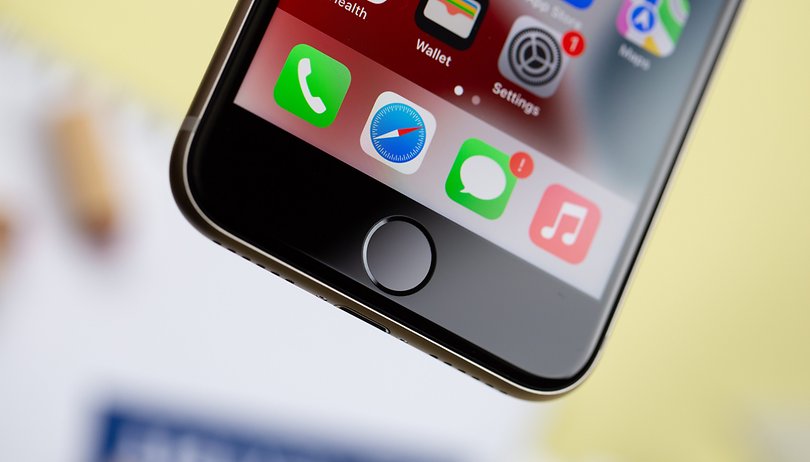Apple May Ditch Touch ID from iPhones Permanently


Although Touch ID still remains on selected iPad tablets and the iPhone SE, it is likely this biometric scanning method will be phased out in its entirety within the near future. Apple looks to be moving in that direction by heavily pushing Face ID on its newer iPhones and iPad Pro tablets. A new report shed additional light on how the iPhone manufacturer could be going all in to include Face ID tech in all its future devices.
Is Invisible Face ID debuting on iPhones soon?
According to a credible leaker who goes by the username Mobile chip expert on Weibo, equipment used to manufacture fingerprint scanner components on iPhones has been shut down indefinitely. This suggests that Apple won't be using Touch ID in their upcoming handsets, including the rumored iPhone SE 4 and possibly some next-generation iPad tablets as well.
This move points to Cupertino possibly abandoning its plans to integrate an under-display fingerprint scanner, which is very common on Android devices these days. Hence, Apple could consider developing an invisible Face ID scanner instead. Based on what we know, Apple's roadmap is allegedly launching this technology in the iPhone 16 Pro, though there seems no solid evidence to support this yet.

While this is not a major surprise on Apple's part, there are still users who prefer the advantages and versatility of Touch ID over Face ID. For instance, you can unlock a handset without looking at the screen, which could be convenient in selected scenarios.
As for the Apple iPhone SE 4, the budget iPhone is said to mirror the design and chassis of the iPhone 14. It will also use the same notch to house the selfie camera and Face ID components instead of having a Dynamic Island cutout like on the iPhone 15 (review). The fourth-generation iPhone SE is scheduled to arrive in 2025.
Which authentication method on smartphones and tablets do you think is more practical? Would you consider having both a fingerprint and eye scanner? Tell us in the comments.













